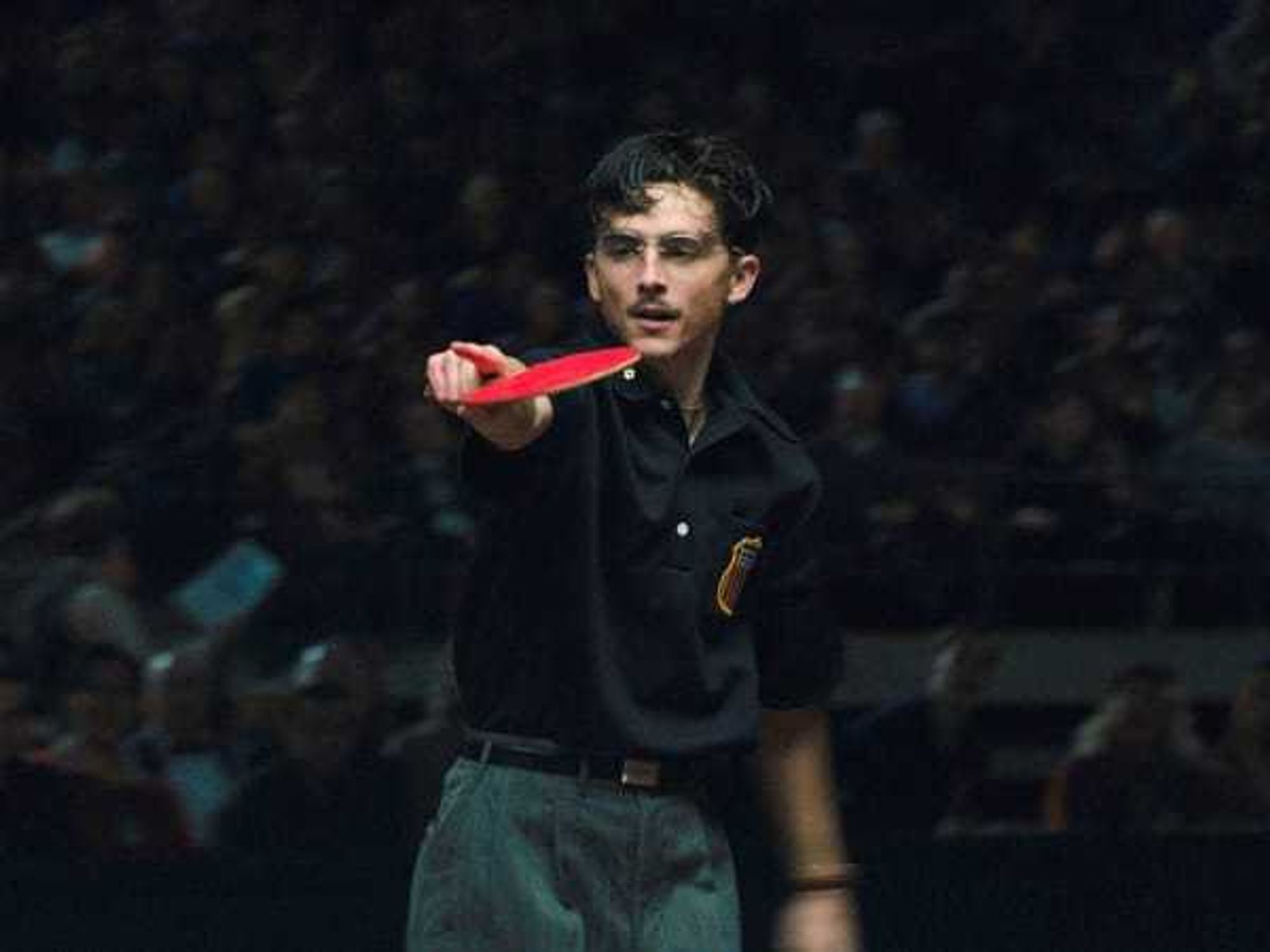He wrote about it in 1992
Why all the outrage? Michael Caine euthanasia controversy is old news
In recent days, Sir Michael Caine has ignited a firestorm of controversy by telling a British radio interviewer that, back in 1955, as his 56-year-old father lay dying of liver cancer in a London hospital, he asked his dad’s doctor to cut short his suffering.
“I was in such anguish over the pain he was in,” Caine told radio host Nick Ferrari in a taped interview that aired Saturday night, “that I said to this doctor, I said, 'Isn't there anything else you could... just give him an overdose and end this?’ Because I wanted him to go.
"And he said, 'Oh, no, no, no, we couldn't do that.’ And then as I was leaving, he said, 'Come back at midnight'. I came back at midnight and my father died at five past twelve. So he'd done it."
The Telegraph newspaper of Great Britain reported Saturday that, as news of Caine’s comments circulated in the British press prior to the radio broadcast, anti-euthanasia campaigners were quick to criticize the veteran actor. (In an on-line comments section, one angry Telegraph reader demanded that Caine be arrested, and his knighthood revoked.) And as the story continues to gain traction, the firestorm doubtless will spread worldwide as Caine’s words are disseminated through bloggers, newswires and websites.
But here’s the really odd part: This is, quite literally, old news. Really: Caine wrote about his father’s suffering and death way back in 1992, in his best-selling autobiography titled What’s It All About? If you happen to have a paperback copy of the book on a shelf somewhere, take it down and turn to page 94:
I visited my father for two days, during which time his condition deteriorated rapidly. He was in excruciating pain. I asked the doctor to increase my father’s drugs and he told me that a larger dose would kill him. I looked at him for a moment and said, ‘If this is living, can death be such a bad thing?’ He thought for a moment, then asked me to go away and come back at eleven o’clock that night. I was back there at eleven on the dot. Dad seemed to be much more comfortable now and I sat there holding his hand for an hour or two. He didn’t seem to know that I was there but occasionally he would squeeze my hand and I would squeeze back. The hospital is right opposite the Houses of Parliament, and I could see Big Ben across the river. Eventually it struck one o’clock, and as it did, my father’s eyes opened slightly and he whispered, ‘Good luck, son,’ and died.
I told the doctor that he had gone and thanked him for all that he had done, and walked back down the corridor…”
Even though I have never – thank God – been in a position similar to Caine’s, I was deeply and profoundly affected when I read this. So much so that, 10 years later, I made a special point of complimenting Caine – for his blunt-spoken honesty as well as his expertise as a wordsmith – when we briefly discussed the episode he had written about so movingly.
We were in Austin at the time, while he was on location filming Second-Hand Lions, and I was interviewing him for the New York Daily News. Mind you, we did not spend a lot of time on this subject. Indeed, I wound up not referencing it at all in the article I eventually wrote, partly because it had nothing to do with the primary focus of the piece — the story was about the upcoming release of The Quiet American, and its possible reception in post-9/11 America —and partly because, well, his autobiography had come out a decade earlier, and I figured the story was, as I said, old news.
But now Caine, inadvertently or otherwise, has invited closer scrutiny of the incident. And by doing so, he has made himself the target of criticism by those who feel what he did – or at least encouraged – is something on the order of mercy killing. Once again, it seems, the professionally outraged will have their say.
And, yes, also once again, it seems the media will help fan the flames of the firestorm.
Joe Leydon covers movies at MovingPictureBlog
